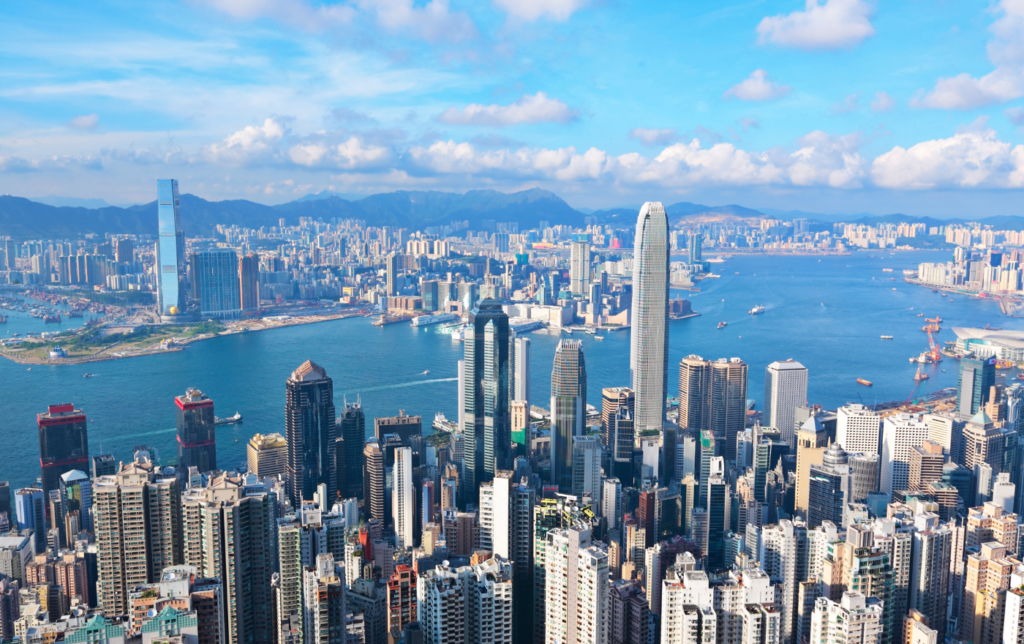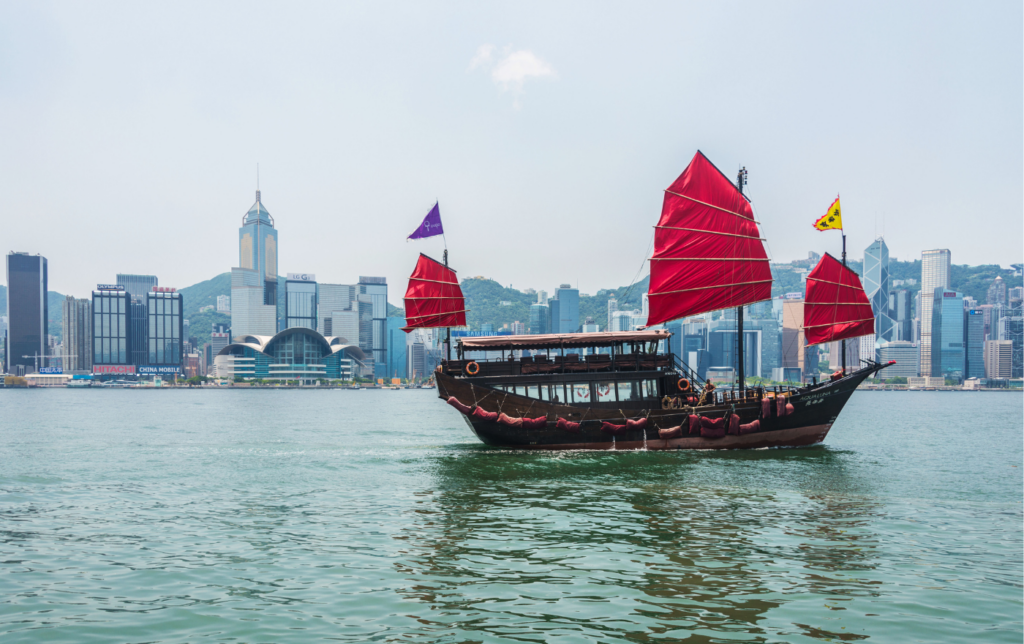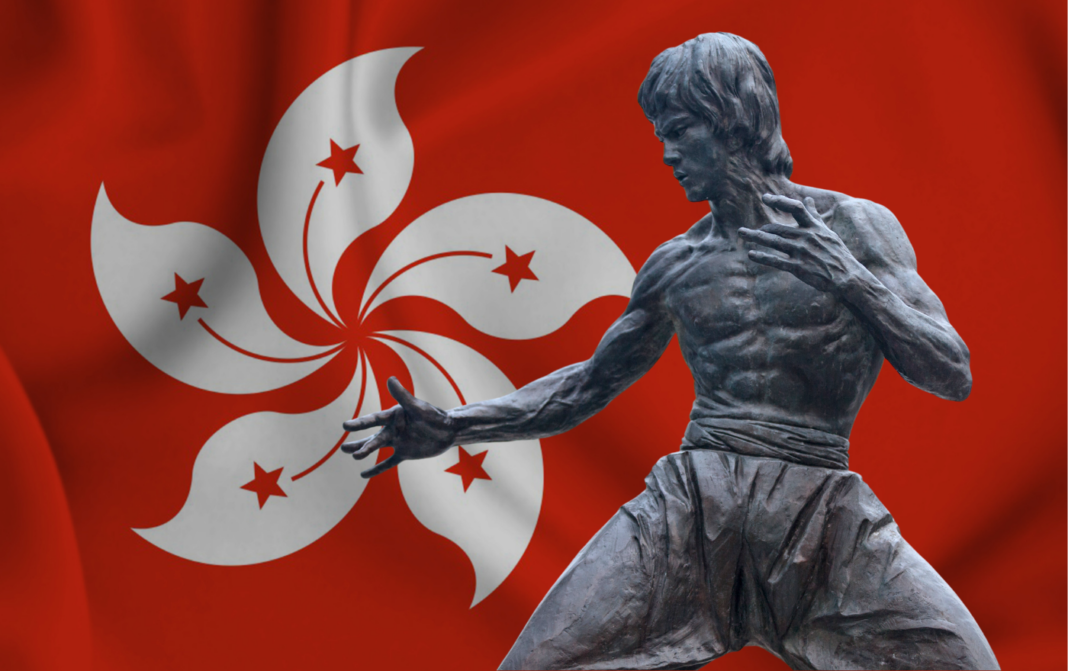An IMGW Report
The recent sentencing of Joseph John, a Portuguese national, to five years in prison in Hong Kong under the Beijing-imposed national security law highlights the dire state of human rights in China and the erosion of freedoms in the semi-autonomous region. John’s case underscores the Chinese government’s zero tolerance for political dissent and its ruthless crackdown on any form of expression deemed critical of the regime.

Joseph John, also known as Wong Kin-Chung, was convicted of conspiring to incite secession for his social media posts advocating for Hong Kong’s independence. District Court Judge Ernest Lin accused John of “demonising China” and “distorting history” with his online activism. Despite John’s plea of guilt, his sentence could not be reduced below the draconian five-year minimum mandated for serious security law offences.
Despite Chinese nationals being prohibited from holding a second passport, many wealthy individuals, particularly high-net-worth individuals, seek alternative citizenship. They do so in pursuit of greater freedom, better education and healthcare services for their children, enhanced security, and a higher quality of life.
This case is a glaring example of China’s disregard for freedom of expression and political dissent. Under the national security law imposed by Beijing, individuals risk imprisonment for expressing views that challenge the Chinese Communist Party’s narrative. The law’s broad definitions of subversion and collusion with foreign forces have created fear and stifled dissent in Hong Kong.

Furthermore, John’s status as a Portuguese national highlights the lengths to which individuals are willing to go to escape China’s repressive regime. Despite Chinese nationals being prohibited from holding a second passport, many wealthy individuals, particularly high-net-worth individuals, seek alternative citizenship. They do so in pursuit of greater freedom, better education and healthcare services for their children, enhanced security, and a higher quality of life.
The phenomenon of Chinese nationals seeking second passports underscores the desperation of individuals seeking to escape China’s tightening grip on personal freedoms. It also raises questions about the efficacy of China’s authoritarian regime in retaining its citizens and fostering loyalty among its people.

The international community must condemn Joseph John’s sentencing and the broader crackdown on freedom of expression in Hong Kong. China’s actions violate individuals’ rights and threaten the city’s autonomy and status as a global financial hub.





